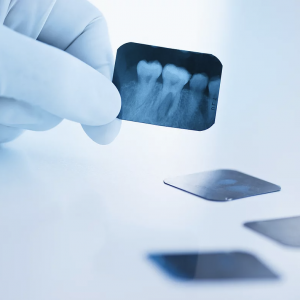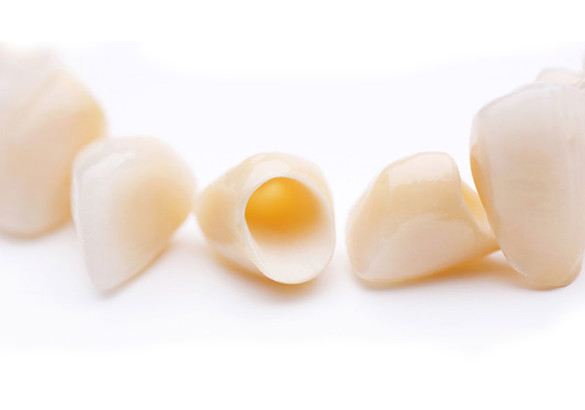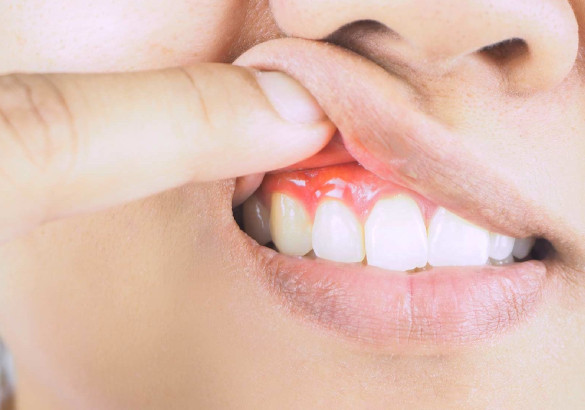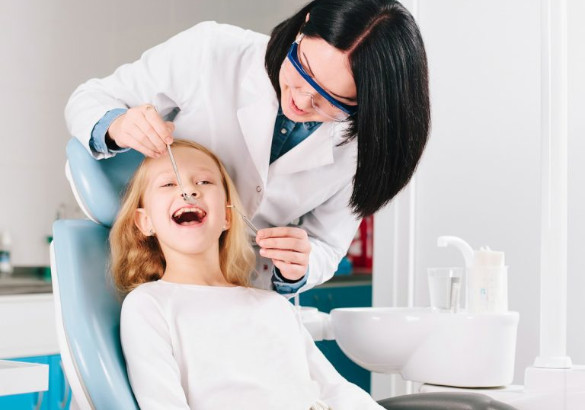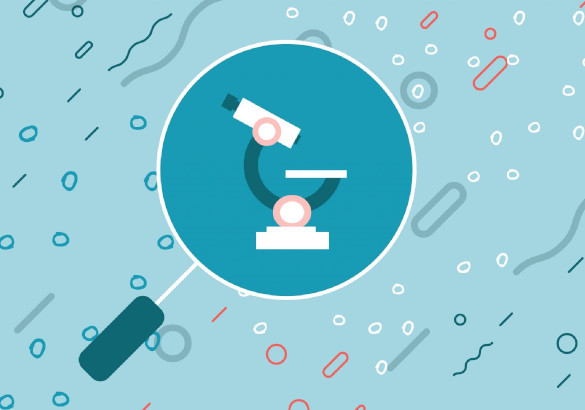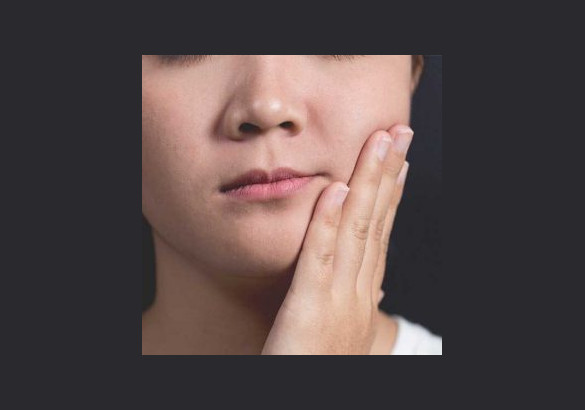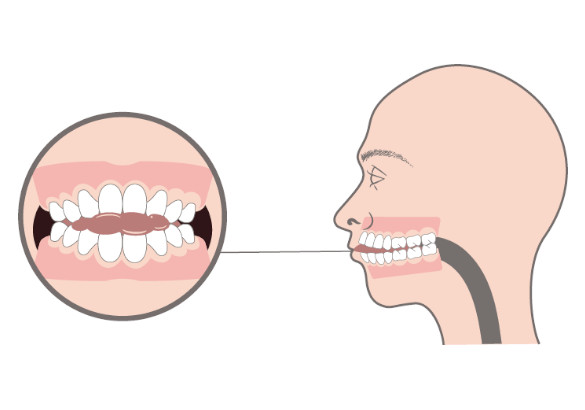Deep breathing activates your parasympathetic nervous system, which induces the relaxation response. There are many different breathing practices that will accomplish this, but the following technique is very powerful and easy to perform.
1.Sit up straight.
2.Place the tip of your tongue up against the back of your front teeth. Keep it there through the entire breathing process.
3.Breathe in silently through your nose to the count of four.
4.Hold your breath to the count of seven.
5.Exhale through your mouth to the count of eight, making an audible “whoosh” sound.
6.That completes one full breath. Repeat the cycle another three times, for a total of four breaths.
You can do this 4-7-8 exercise as frequently as you want throughout the day, but it’s recommended you don’t do more than four full breaths during the first month or so of practice. Later you may work your way up to eight full breath cycles at a time. The benefits of this simple practice are enormous and work as a natural tranquilizer for your nervous system.
Myobrace® is designed to deal with these incorrect myofunctional habits by teaching children to breathe through their nose, rest the tongue correctly in the roof of the mouth, swallow correctly and continue widening the jaws so they grow to their full and proper size. This results in sufficient room for the teeth, allowing them to come in naturally straight and often without the need for braces.
The Myobrace®System is a preventive pre-orthodontic treatment that focuses on addressing the underlying causes of crooked teeth, often without the need for braces or extraction of teeth, unlocking natural growth and development.
Treatment is best suited to children aged 3 to 15 and involves using a series of removable intra-oral appliances that are worn for 1-2 hours each day plus overnight while sleeping.

